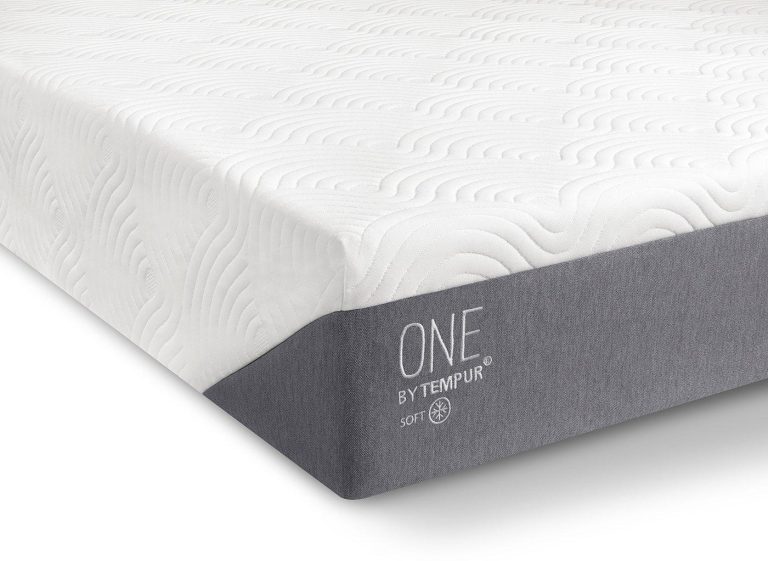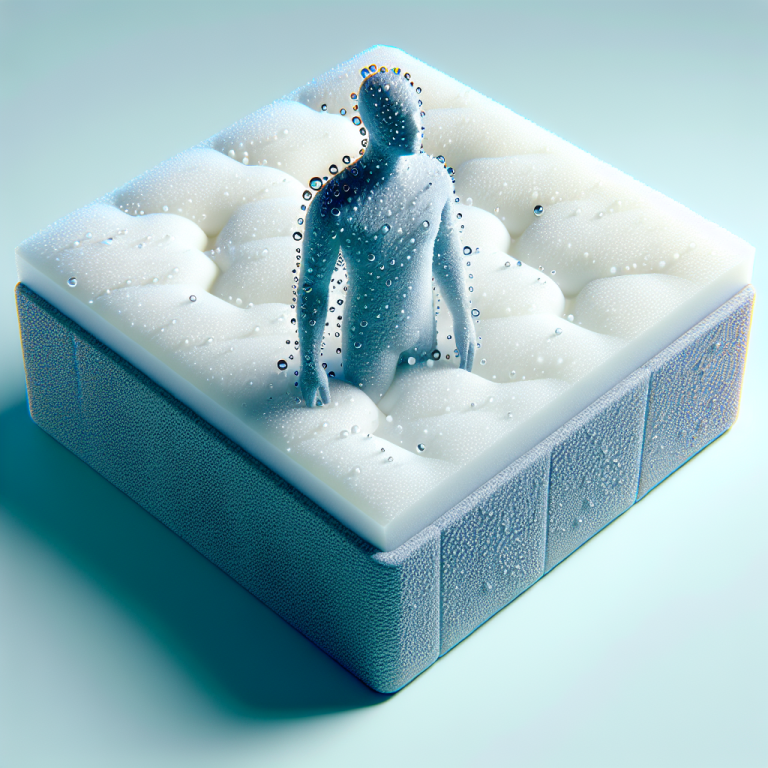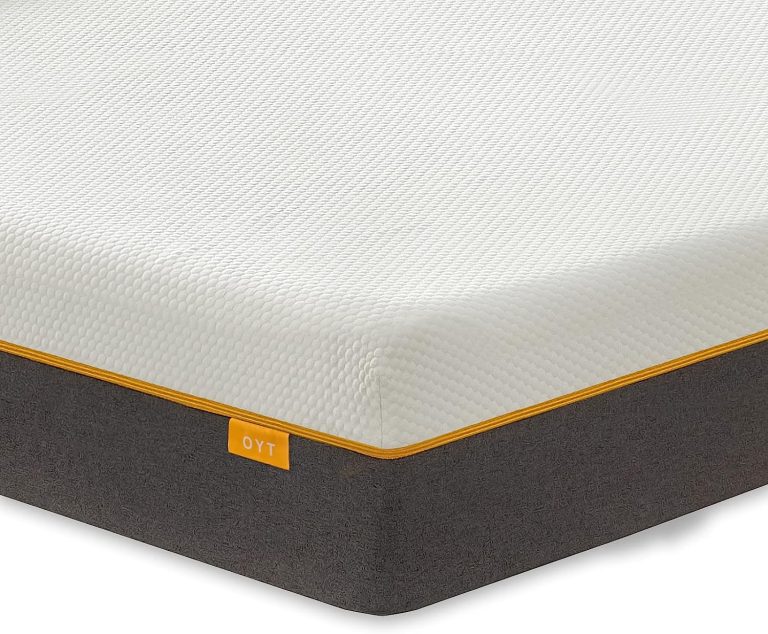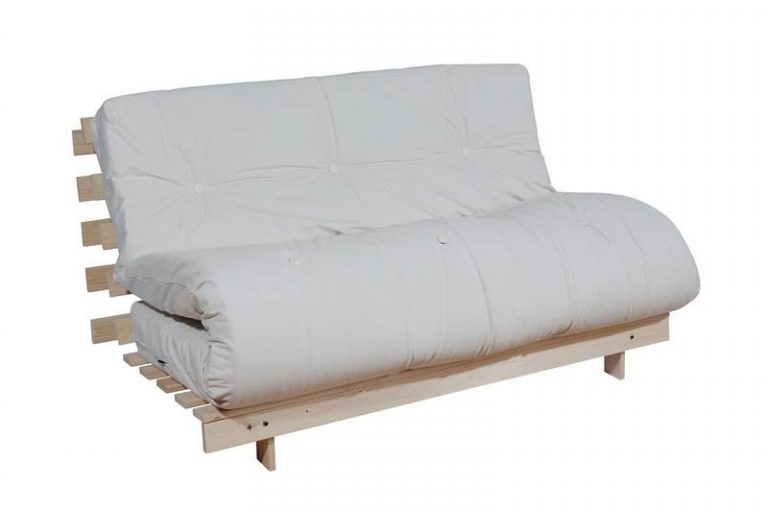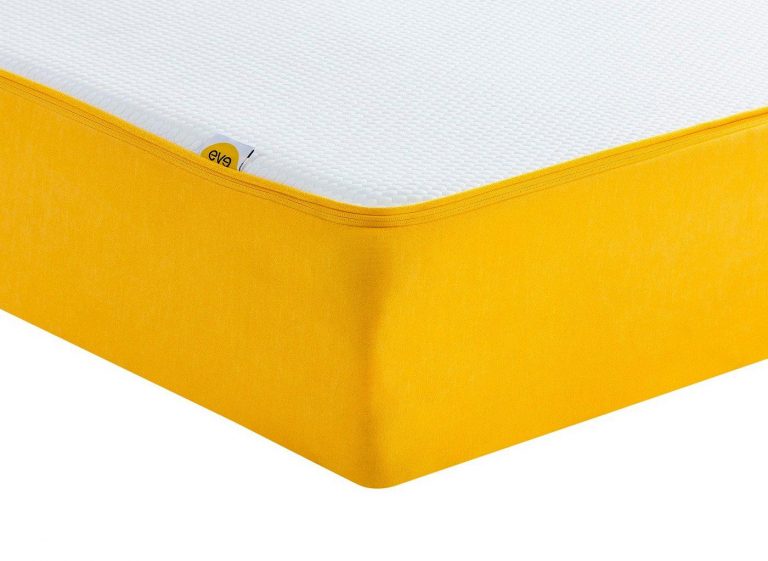Table of Contents
ToggleCan sleeping on a sofa bed cause back pain?
Introduction
Getting a good night’s sleep is essential for overall well-being, and the right sleeping surface is crucial to achieving it. While a comfortable bed is the ideal choice, sometimes circumstances require us to sleep on a sofa bed. However, can sleeping on a sofa bed cause back pain? This article aims to explore this question and provide you with the information you need to make an informed decision.
Explanation of the topic
They provide both seating and sleeping space in one piece of furniture, making them an attractive option for those who don’t have much space. However, their design doesn’t always prioritise comfort and support for the sleeper’s spine.
The importance of understanding the relationship between sofa beds and back pain
Understanding how using a sofa bed can lead to back pain is crucial because it can have long-term effects on your health. Poor sleep quality resulting from discomfort caused by an unsupportive mattress or a lack of space leads to fatigue during the day.
Can Sleeping on a Sofa Bed Cause Back Pain?
Back pain is a common issue that affects people of all ages, and it can be caused by various factors, including poor sleeping posture. Sleeping on a sofa bed can indeed cause back pain, particularly if it is not designed for regular use. Sofa beds are designed to provide a seating area and a sleeping surface, and the mechanism that converts them can cause discomfort, leading to back pain.
Factors That Contribute to Back Pain When Sleeping on a Sofa Bed
Various factors can contribute to back pain when sleeping on a sofa bed. These include:
1. Lack of Support
Sofa beds are often less supportive than regular beds. The mattresses are usually thinner, and the frames are not as sturdy, leading to inadequate support for your spine.
2. Uneven Sleeping Surface
The sleeping surface of a sofa bed is often uneven, which can cause discomfort and lead to back pain. This is particularly true for older sofa beds or those that have been used extensively.
3. Poor Sleeping Posture
Sleeping on a sofa bed can also cause back pain if you have poor sleeping posture. This is because the surface of the bed is often firmer, and it may not contour to your body as well as a regular bed. Poor sleeping posture can put pressure on your spine, leading to discomfort and pain.
4. Lack of Comfortable Cushions
Sofa beds often have less comfortable cushions than regular beds. This can cause you to toss and turn during the night, leading to back pain.
How to Minimise Back Pain When Sleeping on a Sofa Bed
While it is challenging to avoid back pain entirely when sleeping on a sofa bed, there are a few things you can do to minimise discomfort:
1. Choose the Right Sofa Bed
If you plan on using a sofa bed regularly, invest in one that is designed for that purpose. Look for models that offer good support, have a comfortable sleeping surface, and are easy to convert.
2. Use a Mattress Topper
Adding a mattress topper to your sofa bed can provide extra cushioning, making it more comfortable to sleep on. This can help reduce the pressure on your back and minimise discomfort.
3. Adjust Your Sleeping Position
Try to sleep on your back or side, as these positions help keep your spine in a neutral position. Avoid sleeping on your stomach, as this can put pressure on your back and neck.
4. Use Supportive Pillows
Using supportive pillows can help keep your spine in alignment and reduce the risk of back pain. Place a pillow under your knees if you sleep on your back or between your legs if you sleep on your side.
5. Stretch Before Sleeping
Performing gentle stretching exercises before going to bed can help loosen tight muscles and reduce the risk of back pain.
6. Limit Use of Sofa Bed
If possible, limit your use of the sofa bed to occasional use only. This can help reduce the risk of back pain caused by sleeping on an unsupportive surface.
FAQs
Q. Can sleeping on a firm sofa bed cause back pain?
Yes, sleeping on a firm sofa bed can cause back pain, particularly if the surface is uneven or lacks support.
Q. Is it better to sleep on a sofa bed or a regular bed?
A regular bed is generally better for sleep quality and overall comfort. However, if you have limited space or need a temporary sleeping solution, a sofa bed can be a viable option.
Q. How can I tell if my sofa bed is causing my back pain?
If you experience back pain after sleeping on a sofa bed, it may be a sign that the bed is causing discomfort. Try switching to a different sleeping surface for a few nights to see if your back pain improves.
Q. Can a mattress topper help reduce back pain from a sofa bed?
Yes, a mattress topper can provide extra cushioning and support, which can help reduce the risk of back pain when sleeping on a sofa bed.
Q. Should I see a doctor if I experience back pain after sleeping on a sofa bed?
If your back pain persists or is severe, it is advisable to see a doctor or healthcare provider. They can help diagnose the cause of your pain and recommend appropriate treatment.
Q. Are there any exercises that can help alleviate back pain from sleeping on a sofa bed?
Gentle stretching exercises, such as yoga or Pilates, can help loosen tight muscles and reduce the risk of back pain. However, it is essential to consult with a healthcare provider before starting any new exercise programme.
Conclusion
In conclusion, sleeping on a sofa bed can cause back pain, but there are steps you can take to minimise discomfort. Choosing the right sofa bed, using a mattress topper, adjusting your sleeping position, using supportive pillows, stretching before bed, and limiting use can all help reduce the risk of back pain. If you experience back pain after sleeping on a sofa bed, try switching to a different sleeping surface and consult with a healthcare provider if your pain persists or is severe.
Don’t let back pain ruin your sleep; take the necessary steps to ensure a comfortable and supportive sleeping surface. Thank you for reading, and we hope this article has been helpful to you.























































